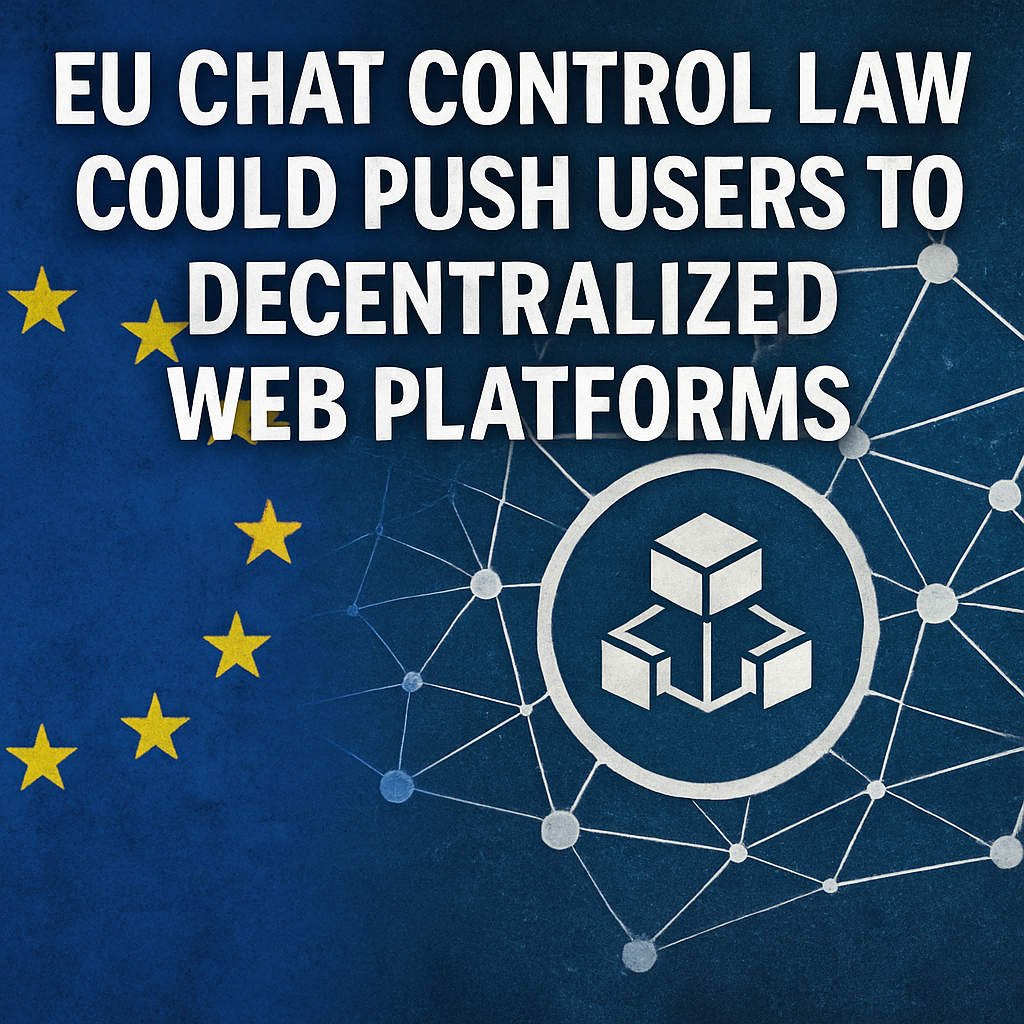Overview
Europe’s proposed Regulation to Prevent and Combat Child Sexual Abuse, commonly known as the Chat Control law, would require client-side scanning of private messages for illicit content before encryption. Privacy experts caution that this mechanism creates an effective backdoor, granting near-unrestricted visibility into personal communications and contradicting existing commitments to end-to-end encryption.
Legal and Ethical Concerns
Hans Rempel, co-founder and CEO of Diode, described the proposal as a “dangerous overreach,” warning that it entrusts a “inherently corruptible entity” with pervasive access to private user data. Over 10% of breaches originate within government systems, Rempel noted, underscoring the risk that surveillance infrastructure could be misused.
Elisenda Fabrega, general counsel at Brickken, emphasized that the law faces challenges under Articles 7 and 8 of the EU Charter of Fundamental Rights, which enshrine confidentiality of communications and personal data protection. Fabrega argued that client-side scanning violates these guarantees by monitoring content on user devices regardless of any suspicion of wrongdoing.
Impact on Digital Trust and Market Fragmentation
Critics predict that enforcement of Chat Control will erode trust in mainstream messaging services, prompting privacy-conscious users to seek decentralized alternatives built on Web3 principles of self-custody and encryption by design. “Web3’s privacy battle cry is ‘Not your keys, not your data,’” Rempel said, highlighting that decentralized platforms would preserve user sovereignty from “cradle to grave.”
Fabrega warned that widespread migration could fragment the European digital market, potentially undermining the EU’s influence in setting global privacy norms. She stressed that a divided ecosystem would weaken regulatory cohesion and complicate cross-border cooperation.
The Ball in Germany’s Court
Fifteen EU member states currently support the proposal, but approval requires backing by 65% of the EU population. Germany, holding a pivotal vote, has not yet announced its stance. Observers rate the likelihood of passage as low, but caution that this may not be the final attempt to curtail encryption under safety pretexts.
With Germany’s decision pending, stakeholders on both sides of the debate are intensifying advocacy efforts. Privacy groups are mobilizing legal challenges, while proponents of the law argue it is necessary to combat rising online child abuse.
Looking Ahead
If enacted, the Chat Control law would mark a significant shift in digital surveillance policy, setting a precedent for mandatory client-side scanning. Its fate now hinges on negotiations among EU member states and potential interventions by the European Court of Justice.

Comments (0)